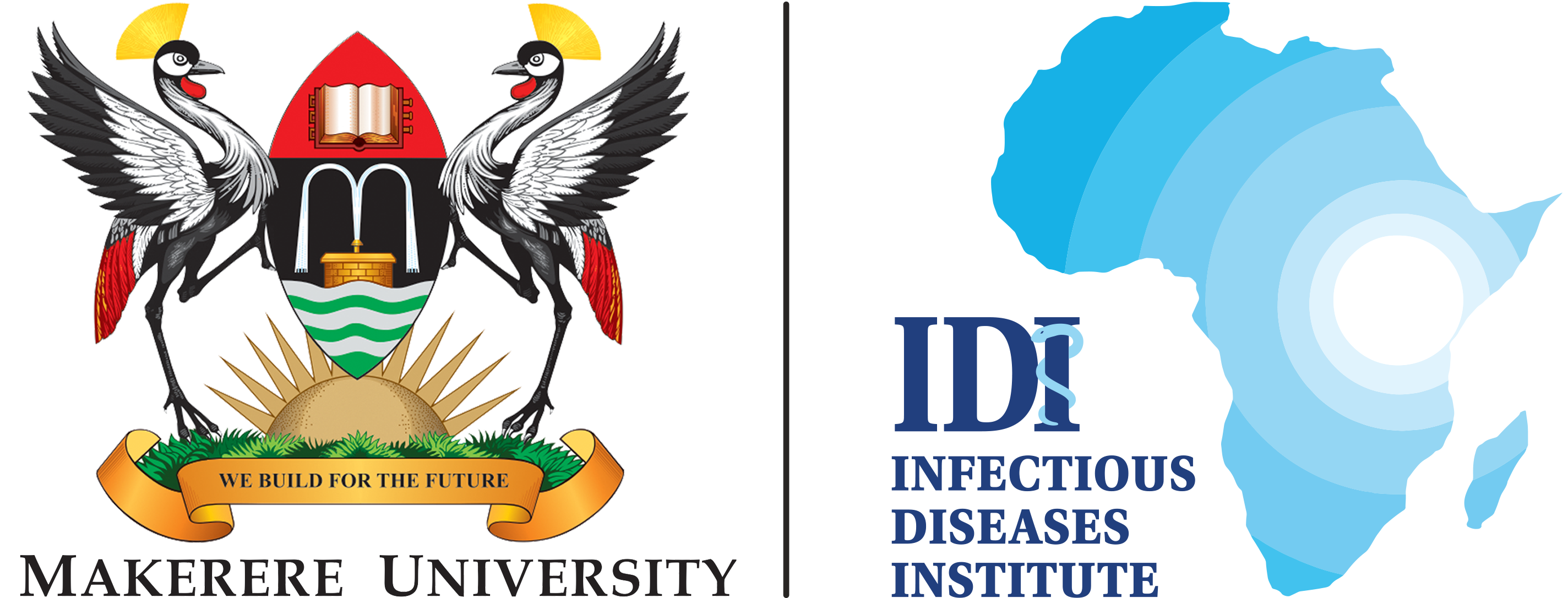- Associated Links
-
-
Our united network of partners and institutions share a vision for excellence, innovation, and impact. Together, we harness our combined strengths to create meaningful change.
-
-
-
- Careers
-
-
Our people are our greatest asset. We foster a thriving environment where everyone can flourish and make a difference. Join us in driving innovation and positive change through fulfilling career opportunities.
-
-
Health Systems Strengthening
Our people-centred approach ensures that those with whom we work are the drivers of progress and will lead their own way to optimal, equitable, and quality health systems.

Differentiated Service Delivery
In many low resource settings where IDI works, long lines at public facilities, distance to facilities, stigma, and lack of transportation money are common barriers to retention in HIV care. Public hospitals often manage high volumes of clients with inadequate staffing, resulting in long wait times, overworked staff, poor client satisfaction, and weak retention. In addition to routine clinical visits, clients often make frequent visits to health facilities to pick their monthly supply of life saving HIV treatment, including antiretroviral medicine (ARVs), which further burdens clients and often contributes to poor clinical outcomes and high rates of interruption in treatment.
In order to minimise these barriers and improve retention in care, IDI provides differentiated service delivery (DSD), which seeks to tailor service delivery approaches to meet the unique needs of population groups and increase client-centred care. DSD can include individual or group models the facility in the community or at a client’s home, and most DSD models include options for multi-month drug (MMD) dispensing of ARVs and decentralised drug distribution (DDD). Together these strategies help minimise the burden of clients and the healthcare system by reducing the frequency of visits to health facilities and allowing clients to pick up drugs closer to their homes.
Recently, COVID-19 has increased the urgency of differentiate care as shutdowns and overburdened facilities have created additional barriers to access to life saving HIV treatment. As many governments worldwide instituted curfews, birder closures, and transportation stoppages throughout 2020, patients faced challenges travelling to access antiretroviral therapy (ART) in facilities. Manufacturing and shipping disruptions have also caused delayed in shipment of ARVs to IDI supported communities and complicated efforts to dispense multiple-month supplies of drugs to patients. Decentralising ARV refill services outside of public facilities can maintain patient access to medications while minimising their contact with health system, where they are at risk of obtaining or transmitting COVID-19. MMD and DDD directly contribute to client-centred care, increased access to services, and resilience of country health systems.
LISTINGS
For more information on IDI’s Health Systems Strengthening Programme contact,
Alex Muganzi,Head of Health Systems Strengthening
Email: hss@idi.co.ug
Telephone: +256 312 211 422

